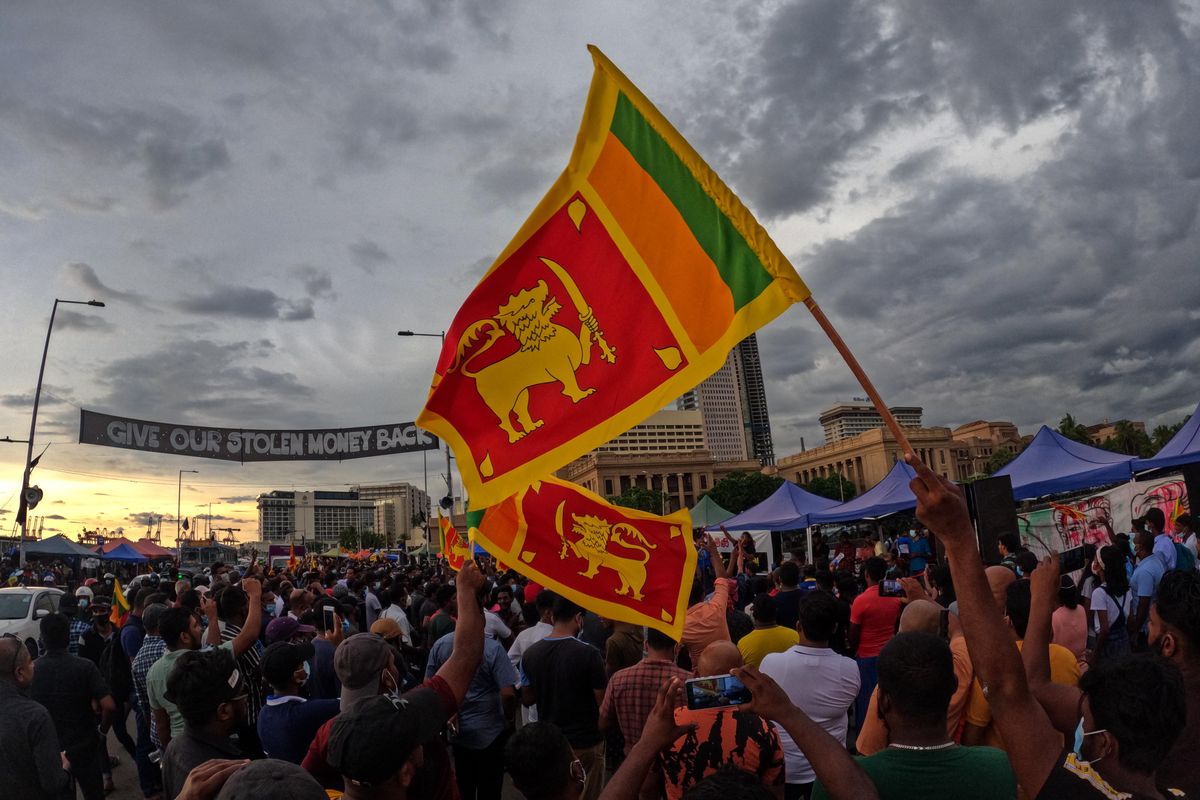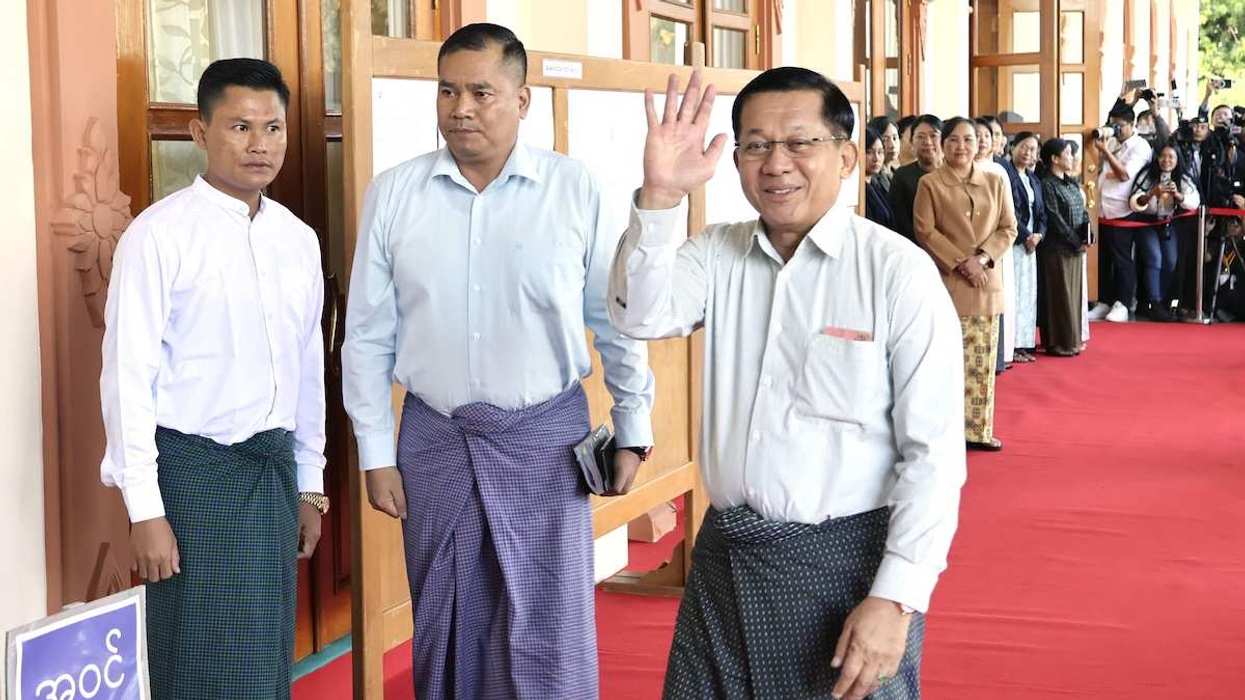Sri Lankans strike to get president out
Virtually all business activity in Sri Lanka ground to a halt on Thursday, as workers went on a nationwide strike to demand the resignation of President Gotabaya Rajapaksa. For weeks, Sri Lankans have been protesting amid the country’s growing economic and political crisis. Sri Lanka is on the brink of bankruptcy, having already defaulted on its sovereign debt and depleted its foreign currency reserves used for food and fuel purchases. Officials have been trying to get some relief from China and the International Monetary Fund, but Beijing will only refinance, and the IMF requires deep economic reforms. Meanwhile, trade unions say they'll strike permanently if Rajapaksa doesn't step down by May 6. The president is willing to appoint a new interim government and even drop his brother Mahinda as PM, but Mahinda himself has refused to resign. The opposition, which is close to getting a no-confidence vote to remove both Rajapaksas, hopes to appease Sri Lankans who have lost faith in their political leadership.
The war spills across Ukraine’s borders
“We either back the Ukrainian people as they defend their country or we stand by as the Russians continue their atrocities and aggression in Ukraine,” President Joe Biden said Thursday, noting that he’s seeking an additional $33 billion from Congress to bolster Ukraine’s defense. This comes at a moment when the war appears to be spilling across borders. Start with Transnistria, a sliver of land between Moldova and southwestern Ukraine roughly the size of Rhode Island. Russia says it’s an independent republic; Moldova says it’s land Russia stole 30 years ago. As in Ukraine’s Donbas region, Moscow claims that Russian speakers in Transnistria are threatened and deserve “protection.” That’s why mysterious explosions there this week have set teeth on edge. Is Ukraine or Moldova attacking Transnistria? The Institute for the Study of War, a Washington-based think tank, says it’s more likely Moscow is preparing a “false-flag attack,” an incident staged to justify the opening of a new front in Russia’s war. But there were also reported explosions this week in the Russian cities of Belgorod and Voronezh that may have been the work of Ukrainian drones or missiles. A coy Ukrainian official blamed “karma” before adding that Russian cities can’t expect to “sit out” the war. Both stories are worth watching in the coming days.

















